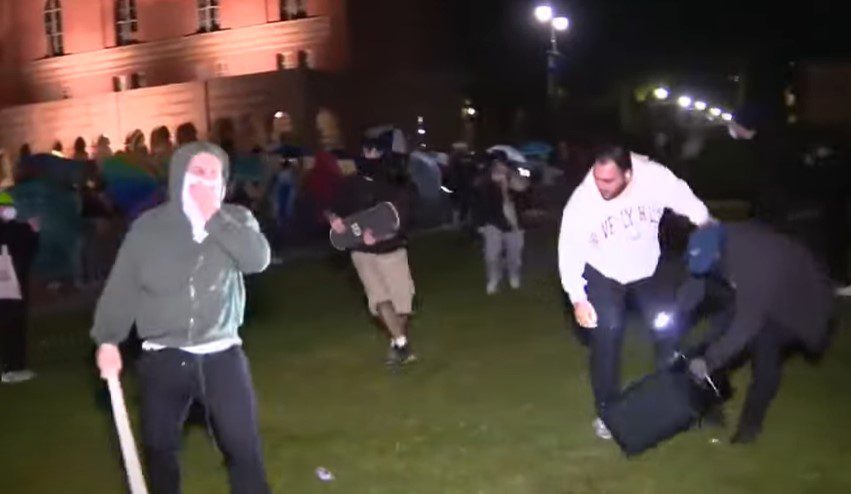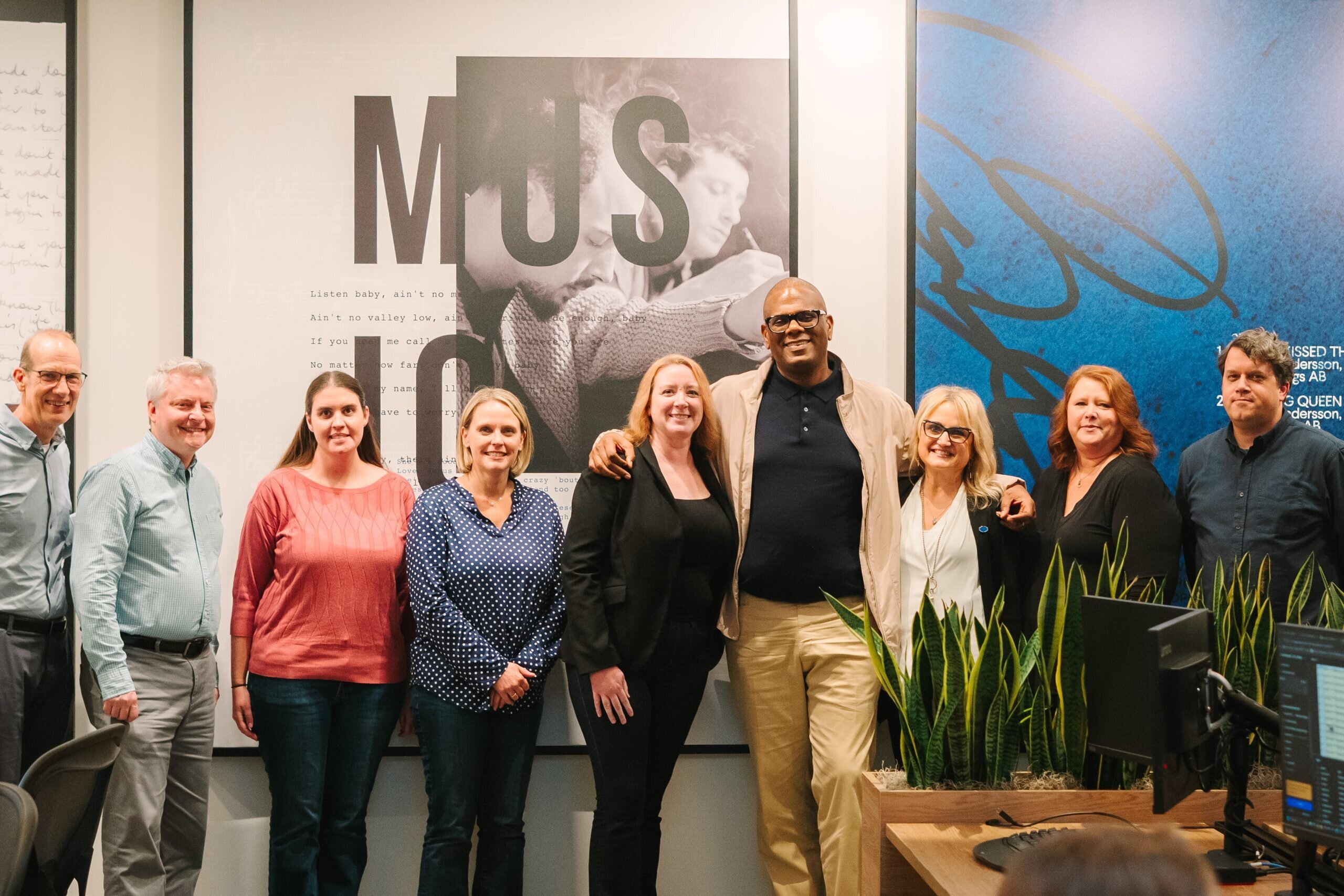Violence erupted on the campus of the University of California, Los Angeles (UCLA) amidst dueling protests between pro-Palestinian and pro-Israeli supporters.

The incident took place during the early morning hours and involved a significant law enforcement response due to the escalation of tensions and physical confrontations.
Events Leading to the Violence
The conflict began when simmering tensions between two opposing groups—pro-Palestinian and pro-Israeli demonstrators—escalated. The protesters engaged in physical violence, utilizing sticks, fists, and fireworks.
The situation deteriorated rapidly, prompting an urgent response from campus security and local law enforcement agencies.
Law Enforcement’s Involvement
Initially, UCLA’s campus police were on the scene but had to retreat due to the intensity of the confrontations. This led to a call for reinforcement from the Los Angeles Police Department (LAPD), California Highway Patrol (CHP), and the riff’s department.
Law enforcement personnel, including those from CHP, arrived in riot gear to manage the situation. The response also included aerial surveillance by helicopters to monitor the crowd.
Impact on Campus Life
The violence mainly occurred near a pro-Palestine encampment, where demonstrators had erected barricades made from wooden pallets, metal, and other materials. The situation significantly disrupted campus life, particularly affecting the movement of students and faculty.
Access to several campus buildings was obstructed, causing considerable inconvenience and safety concerns, especially for Jewish students who reported discriminatory treatment when trying to navigate through the encampment.
Casualties and Safety Concerns
The confrontations led to numerous injuries, with several individuals sustaining serious head injuries. The chaotic scene was marked by a lack of immediate police presence in the early stages, which allowed the violence to escalate.
Reports from the ground indicated that participants on both sides were significantly affected, and the overall atmosphere was charged and dangerous.
Media and Communication During the Event
The incident was covered live by various media outlets. Journalists faced challenges, including assaults with bear spray. One journalist, who was also a journalism instructor, reported being targeted while clearly identified as media.
This aspect of the violence raised concerns about the safety of the press during such volatile events.
University and Government Response
In response to the escalating violence, UCLA officials were present on-site and issued orders to disperse the protesters to restore order on campus. The situation also prompted statements from local government officials, expressing concern over the safety and security of everyone involved.
The university later released a statement condemning the obstruction caused by the protests and the impact on the student body’s ability to attend classes and move freely around campus.
Conclusion
The violence at UCLA highlights the intensity and danger that can arise from political and ideological conflicts on university campuses.
The incident not only disrupted educational activities but also raised significant concerns about campus security, the effectiveness of response strategies by law enforcement, and the rights and safety of students and community members.
Moving forward, UCLA and local authorities are likely to reevaluate their strategies for managing such protests to prevent future occurrences.


